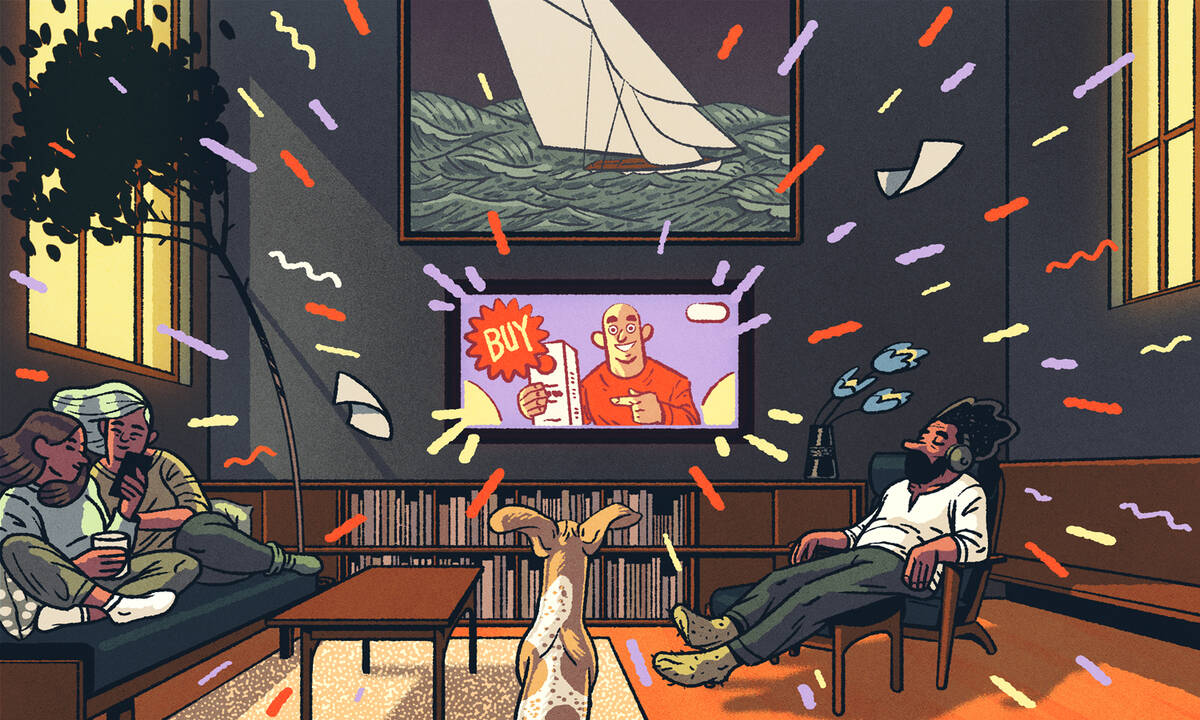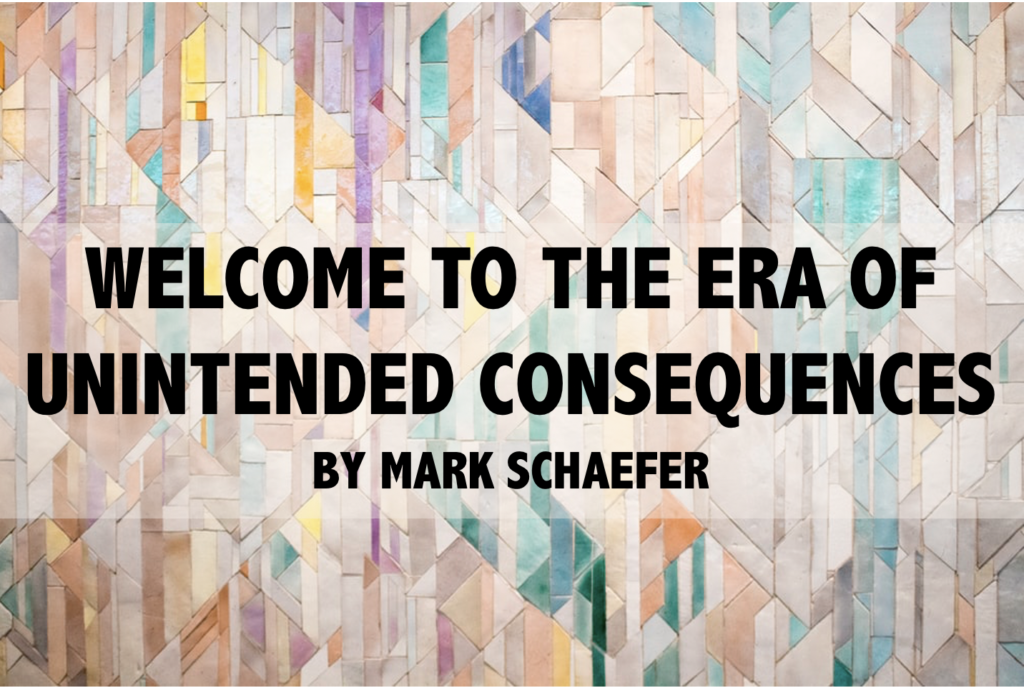
As the Great Resignation continues in full swing, some people are skipping the job hunt altogether and pursuing entrepreneurship. A record 1.4 million Americans filed applications to start new businesses in September 2021 alone, according to an analysis of Census data by the Economic Innovation Group (EIG). In October, more than $54 billion was invested in over 2,000 companies around the world. Some of the hottest sectors? Wellness, finance, and property technology (aka proptech).








